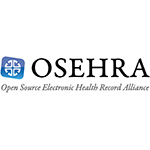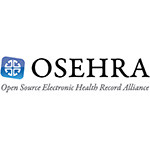(HealthDay News) — For primary care physicians, the number of electronic medical record (EMR) functions is associated with stress and satisfaction, according to a study published online Sept. 4 in the Journal of the American Medical Informatics Association.
Stewart Babbott, M.D., from the University of Kansas Medical Center in Kansas City, and colleagues used data from 379 primary care physicians and 92 managers at 92 clinics to examine the correlation between the number of EMR functions (low, medium, and high amount of the 15 most common features), primary care work conditions, and physician satisfaction, burnout, and stress.
The researchers found that physicians in the moderate EMR cluster reported significantly more stress and lower satisfaction than those in the low EMR cluster. Compared with low EMR cluster physicians, those in the high EMR cluster reported significantly lower satisfaction. Within the high EMR cluster only, time pressure correlated with significantly more burnout, dissatisfaction, and intent to leave.
“Stress may rise for physicians with a moderate number of EMR functions. Time pressure was associated with poor physician outcomes mainly in the high EMR cluster,” the authors write. “Work redesign may address these stressors.”source


























